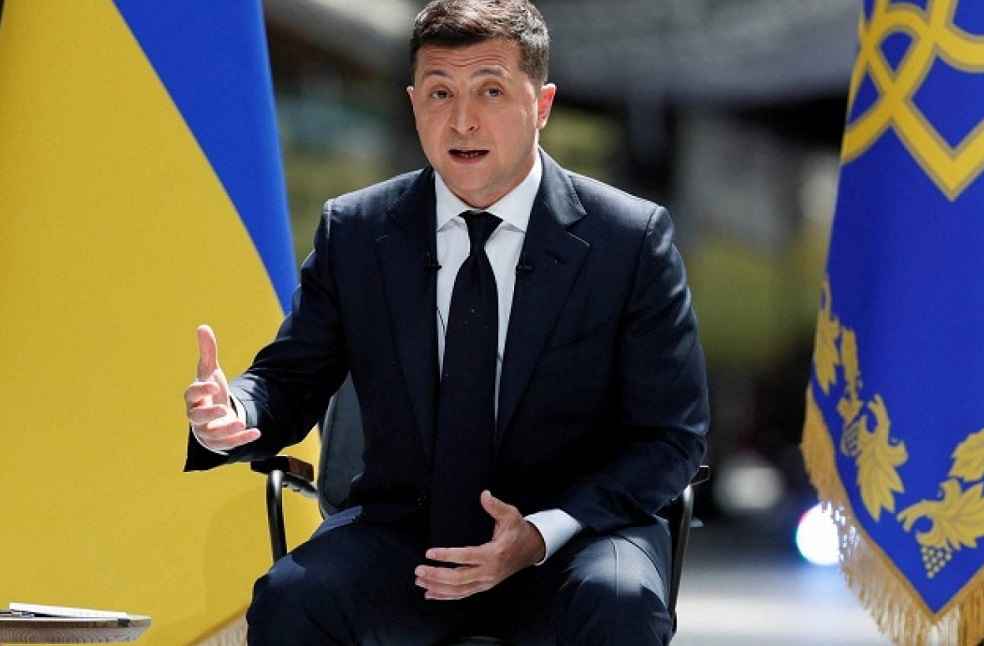While staunch resistance from Eastern European Union (EU) member states persists, the European Commission has opted against renewing the ban on Ukrainian grain imports. Reacting to this, the Polish government threatened to enforce its unilateral ban, an action that would contravene EU single market rules and undermine solidarity with Kyiv.
The import prohibition on Ukrainian grain, encompassing wheat and maize, impacted five eastern EU countries, which include Poland, Hungary, Slovakia, Romania, and Bulgaria. It was instituted to protect farmers within these nations from an influx of low-priced produce originating from Ukraine, a nation still recovering from war. Yet, the ban is set to lapse on Friday night, and despite forceful lobbying efforts, the European Commission resolved not to prolong it.
EU Trade Commissioner Valdis Dombrovskis elucidated the decision, stating, “We currently do not see market distortions in those five member states, therefore we are not extending the ban.” He added that these safeguards are exceptional and not intended to be enduring. The Commission has now assigned Ukraine the responsibility of implementing measures to guarantee its grain exports do not destabilize neighboring markets. Concurrently, the EU executive will refrain from imposing restrictions provided Ukraine’s measures are efficacious and fully functional.

Ukrainian President Volodymyr Zelenskyy conveyed his appreciation to Commission President Ursula von der Leyen for permitting the restrictions to expire. He commented on the X platform, formerly Twitter, “This is an example of Ukraine and the EU collaborating with true unity and trust. When rules are adhered to and agreements are honored, Europe always prevails.”
The decision comes after months of vigorous lobbying by EU Agriculture Commissioner Janusz Wojciechowski and the Polish government to maintain the restrictions until at least year-end and expand them to other products. This lobbying effort was part of a broader campaign in the lead-up to the October 15 general election in Poland, where the incumbent right-wing government aims to secure an unprecedented third term by winning the rural vote.
The initial restrictions were enacted in May after Poland and Hungary sealed their borders to Ukrainian imports to appease protesting farmers, an action that contravened EU law as only the Commission possesses jurisdiction over the bloc’s trade. Both nations had warned they would reimpose unilateral bans if the Commission permitted the restrictions to expire.

Following the Commission’s announcement, Polish Prime Minister Mateusz Morawiecki proclaimed, “We will extend the ban, despite the lack of approval from the European Commission. We’ll do it because it’s in the interest of the Polish farmer.”
The Polish government’s decision to defy the European Commission’s directive underscores persistent discord within the EU and prompts inquiries about the future of the bloc’s single market and its rapport with Ukraine.
IMEX SECTOR | China Remains Top Australian Grain Buyer Amidst Trade Hurdles



